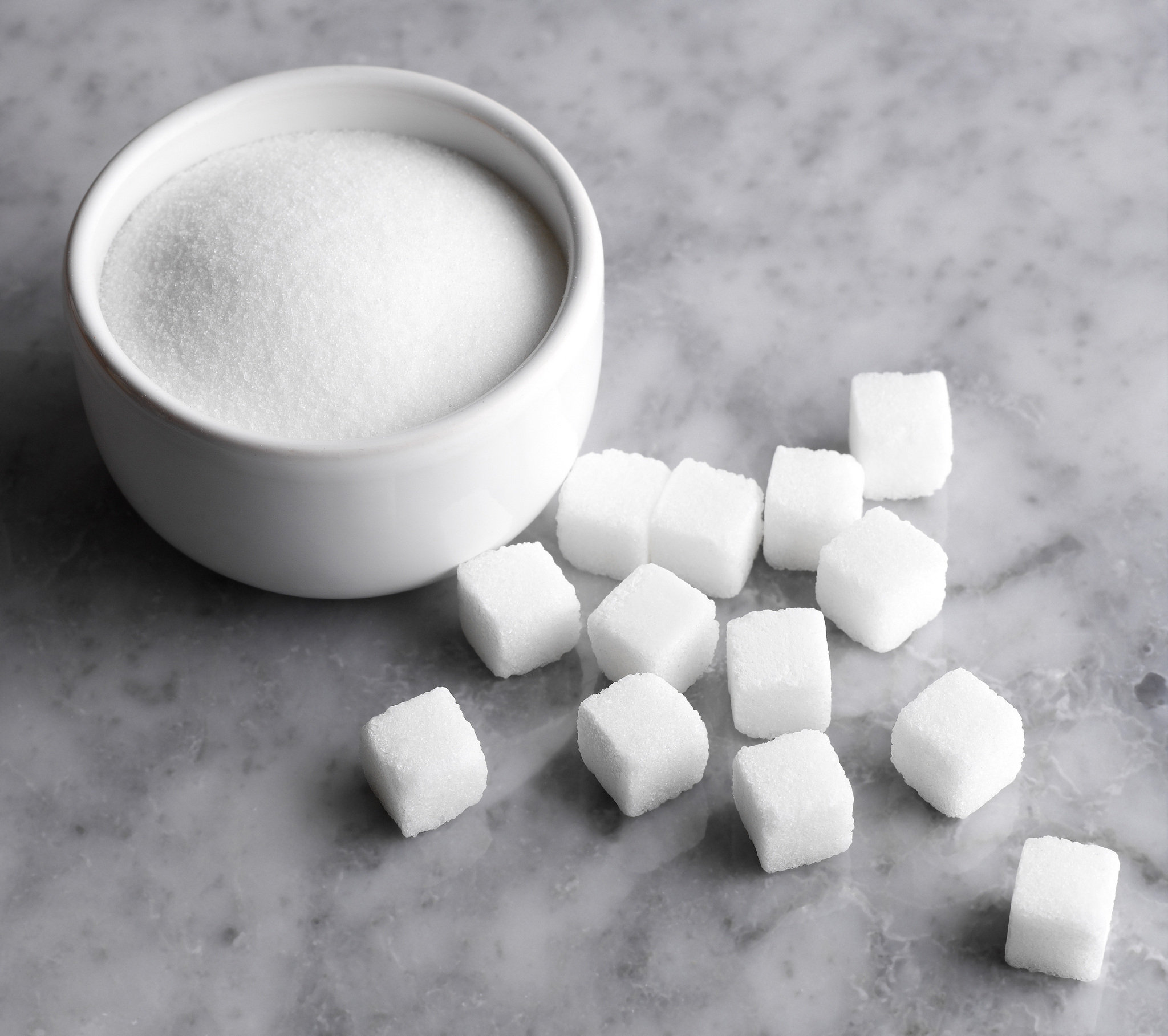You’ve been jogging and taking all forms of medications to control your blood pressure and cholesterol – but have you tried cutting down on sugar intake?
A new study – though not universally tested yet – has shown that cutting out sugar could slash risk of disease, the UK Daily Mail has reported.
In just nine days, reducing sugar – without cutting calories or losing weight – was able to significantly lower blood pressure and cholesterol, as well as improving liver function.
Scientists behind the study said it showed that sugar was ‘metabolically harmful not because of its calories’ – but because it is sugar.
Advertisement
The study looked at the effect of restricting sugar on metabolic syndrome, a cluster of conditions that increase the risk of heart disease, stroke and Type 2 diabetes.
Metabolic syndrome can include high blood pressure, high blood glucose levels, excess body fat around the waist and abnormal cholesterol levels.
The study involved 43 children aged nine to 18 who were asked to visit the University of California San Francisco Benioff Children’s Hospital.
Advertisement
All the children had a Latino or African-American background because of their higher risk for certain conditions associated with metabolic syndrome, such as high blood pressure and high blood glucose levels.
The children were all obese and had at least one other chronic disorder, such as high blood pressure.
Over a period of nine days, the children followed a meal plan that included all snacks and drinks, but restricted sugar intake.
Researchers gave 64 people with diabetes either camomile tea or water to drink three times a day after meals for two months.
Advertisement
The participants had regular blood tests – and results published in the journal Nutrition showed that, after just eight weeks, the regular camomile tea drinkers had lower blood sugar levels and higher antioxidant levels compared with those who drank water.
The researchers, from Tabriz University of Medical Sciences, in Iran, suggest the antioxidant quercetin has an effect on enzymes that play a role in the development of diabetes.
Added sugar was banned but fruit was allowed.
The diet overall had the same fat, protein, carbohydrate, and calorie levels as their previous diets at home, with the carbohydrate from sugar replaced by foods such as bagels, cereals and pasta.
Advertisement
Hot dogs, crisps and pizza from local supermarkets all featured in the diet.
Initial fasting blood levels, blood pressure, and glucose tolerance were assessed before the new meals were eaten.
Advertisement
During the study, if the children did lose weight, they were given more of the low sugar foods to keep weight stable.
Overall, the total dietary sugar in the meal plan was reduced from 28 per cent to 10 per cent, and fructose from 12 per cent to 4 per cent of total calories.
Advertisement
The results showed that the new meal plan led to dramatic improvements in health in a short time, with a drop in blood pressure and cholesterol, and improved liver function.
Fasting blood glucose levels fell by five points while insulin levels were cut by a third, researchers from the University of California San Francisco and Touro University in California said.
Advertisement
Lead author, Dr Robert Lustig, of the University of California San Francisco, said: ‘This study definitively shows that sugar is metabolically harmful not because of its calories or its effects on weight; rather sugar is metabolically harmful because it’s sugar.
‘This internally controlled intervention study is a solid indication that sugar contributes to metabolic syndrome, and is the strongest evidence to date that the negative effects of sugar are not because of calories or obesity.’
Dr Jean-Marc Schwarz, of Touro University and senior author of the paper, added: ‘I have never seen results as striking or significant in our human studies.
‘After only nine days of fructose restriction, the results are dramatic and consistent from subject to subject.
Sugar calories are the worst, because they turn to fat in the liver, driving insulin resistance, and driving risk for diabetes, heart, and liver disease.
Read more at Daily Mail
Add a comment






